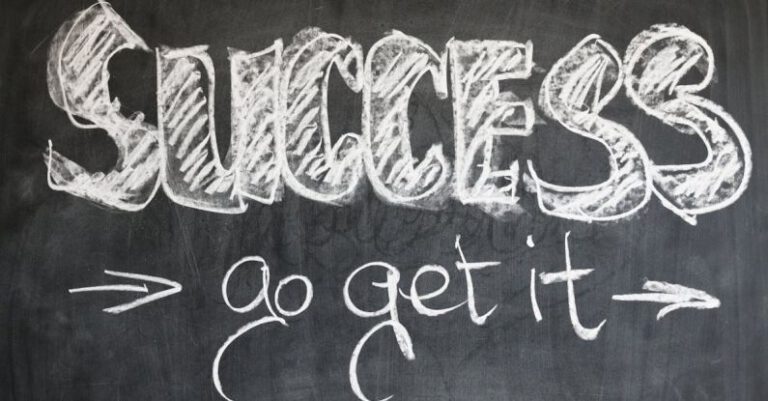
Embarking on a journey of personal growth requires intention, reflection, and a well-thought-out plan. Developing a personal growth plan is essential for individuals seeking to enhance their self-awareness, achieve their goals, and lead a more fulfilling life. By creating a roadmap that outlines specific objectives and strategies for self-improvement, you can pave the way for transformative growth and personal development. Here are some key steps to help you craft a personalized growth plan that empowers you to reach your full potential.
Set Clear Goals
The first step in developing a personal growth plan is to set clear and achievable goals. Define what areas of your life you want to improve, whether it’s your career, relationships, health, or personal development. Be specific about the outcomes you want to achieve and establish measurable targets to track your progress. Setting clear goals provides direction and motivation, guiding your actions towards meaningful growth and development.
Assess Your Current State
Before you can chart a path for personal growth, it’s essential to assess your current state. Take time to reflect on your strengths, weaknesses, values, and aspirations. Identify areas where you excel and areas where you want to grow. Conduct a self-assessment to gain insight into your beliefs, habits, and behaviors that may be hindering your progress. Understanding where you stand currently will help you identify areas for improvement and set realistic goals for your personal growth journey.
Identify Resources and Support
Building a support system and accessing resources are crucial elements of a successful personal growth plan. Identify individuals who can support and encourage you on your journey, whether it’s friends, family, mentors, or coaches. Surround yourself with people who believe in your potential and are willing to provide guidance and feedback. Additionally, identify resources such as books, courses, workshops, or online tools that can help you acquire new skills, knowledge, and perspectives to facilitate your growth.
Develop Actionable Strategies
Once you have set your goals, assessed your current state, and identified resources and support, it’s time to develop actionable strategies to achieve your objectives. Break down your goals into smaller, manageable tasks and create a timeline for completing them. Identify specific actions you need to take, such as learning a new skill, practicing a habit, or seeking feedback. Develop a plan that outlines the steps you will take to move closer to your goals and monitor your progress regularly to stay on track.
Cultivate Self-Discipline and Resilience
Personal growth requires self-discipline, perseverance, and resilience in the face of challenges and setbacks. Cultivate habits that promote self-discipline, such as setting priorities, managing your time effectively, and staying focused on your goals. Develop resilience by embracing failure as an opportunity to learn and grow, rather than a roadblock to success. Stay committed to your personal growth plan, even when faced with obstacles, and use setbacks as motivation to reassess and adjust your strategies.
Practice Self-Reflection and Adaptation
Self-reflection is a powerful tool for personal growth, allowing you to gain insight into your thoughts, emotions, and behaviors. Make time for regular self-reflection to assess your progress, evaluate your actions, and identify areas for improvement. Be open to feedback from others and use it as an opportunity to learn and grow. Adapt your strategies as needed based on your reflections and feedback, staying flexible and open to new opportunities for growth.
Embrace Continuous Learning and Growth
Personal growth is an ongoing process that requires a commitment to continuous learning and growth. Stay curious, seek new experiences, and challenge yourself to step outside your comfort zone. Embrace opportunities for learning and development, whether through formal education, skill-building activities, or personal experiences. Stay open to feedback, be willing to take risks, and embrace change as a catalyst for growth. By cultivating a mindset of continuous learning and growth, you can unlock your full potential and lead a more fulfilling and rewarding life.
Crafting a Personal Growth Plan
Developing a personal growth plan is a transformative process that empowers you to take control of your life and steer it in the direction of your dreams. By setting clear goals, assessing your current state, identifying resources and support, developing actionable strategies, cultivating self-discipline and resilience, practicing self-reflection and adaptation, and embracing continuous learning and growth, you can create a roadmap for personal development that propels you towards your full potential. Take the time to craft a personalized growth plan that aligns with your values, aspirations, and vision for the future, and commit to nurturing your personal growth journey with dedication, intention, and perseverance. By investing in your growth and development, you can unlock new possibilities, achieve your goals, and create a life that reflects your truest self.





